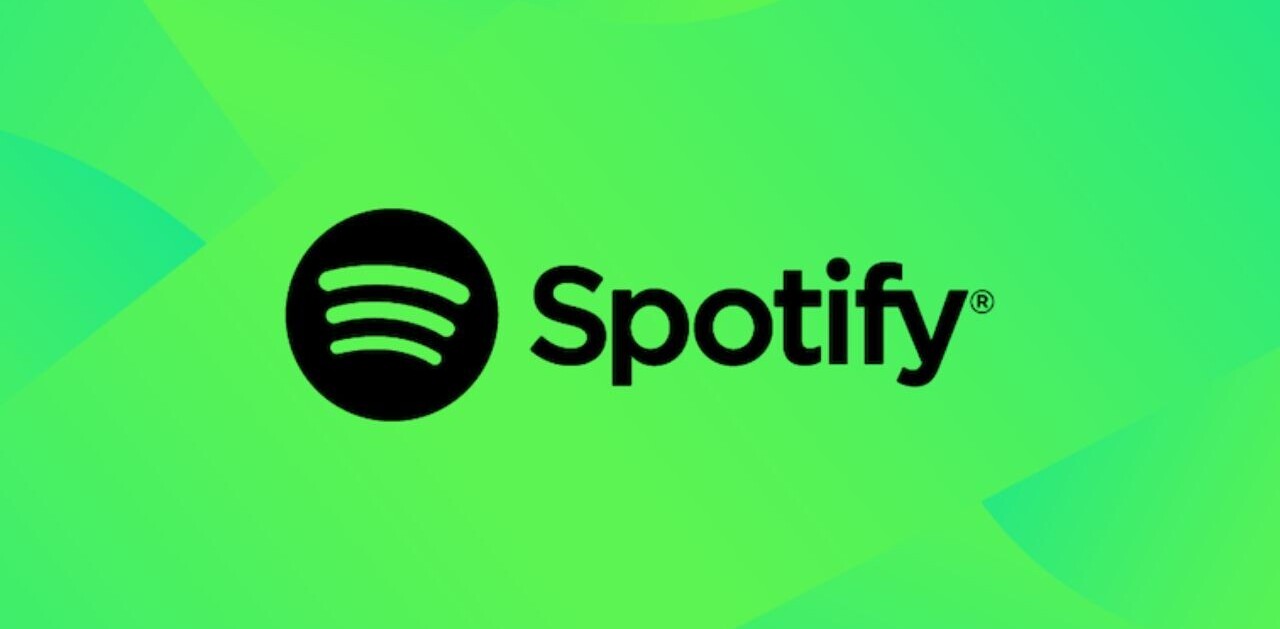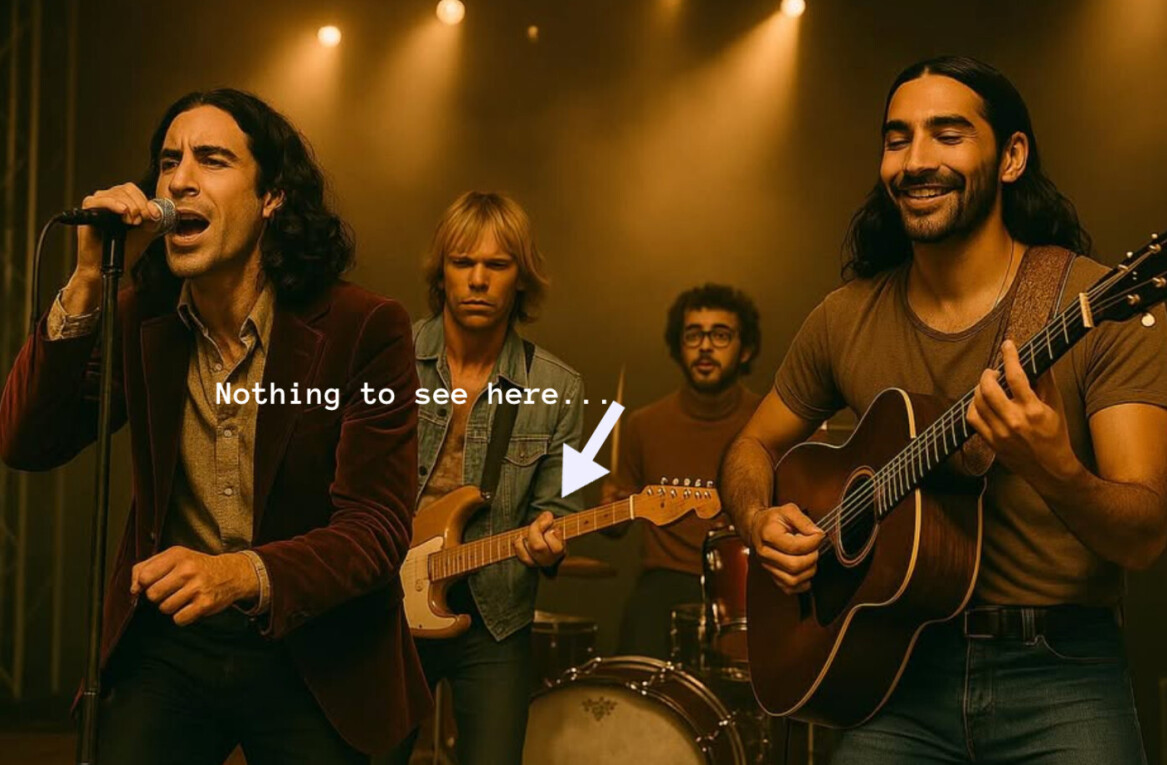
Taylor Swift caused a bit of a stir already by not putting her new ‘1989’ album on Spotify last week, though it wasn’t entirely surprising given she has previously kept albums from the music-streaming service at launch.
Spotify even included this message for those searching for the album, along with the album tracklisting (but no songs).

But Swift, who retains a high level of control over how her music is distributed, has now pulled her entire catalog of tunes from Spotify and Deezer at least, though it still seems to be available on Rdio for now.
A search for her name unearths none of her five albums dating back to 2006. A release from Spotify today says:
“We love Taylor Swift, and our more than 40 million users love her even more – nearly 16 million of them have played her songs in the last 30 days, and she’s on over 19 million playlists.
We hope she’ll change her mind and join us in building a new music economy that works for everyone. We believe fans should be able to listen to music wherever and whenever they want, and that artists have an absolute right to be paid for their work and protected from piracy. That’s why we pay nearly 70% of our revenue back to the music community.”
Back in December, Spotify launched a new site in an effort to curb growing criticism from musicians, explaining how its model works and how payments are calculated.
‘Last desperate fart’
Perhaps one of the more vocal critics was Radiohead frontman Thom Yorke, who called Spotify “the last desperate fart of a dying corpse.” While Radiohead music is available through Spotify and other streaming platforms, Yorke’s Atoms for Peace isn’t, given the outfit holds sway over how its music is distributed.
Swift has made her feelings on streaming platforms known in the past, writing in a WSJ piece:
“It’s my opinion that music should not be free, and my prediction is that individual artists and their labels will someday decide what an album’s price point is. I hope they don’t underestimate themselves or undervalue their art.”
While Swift’s moves to keep her new music from streaming services were often viewed as temporary measures to maximize sales on the likes of iTunes, the fact that she’s shifted all her tunes is a sign of the escalating tensions between the singer and the streaming realm.
But the fact is, many bands and artists view on-demand music platforms such as Spotify as an easy route to gain exposure and there hasn’t been a huge exodus from such services, despite the growing criticism.
Feature image credit – Shutterstock
Get the TNW newsletter
Get the most important tech news in your inbox each week.




